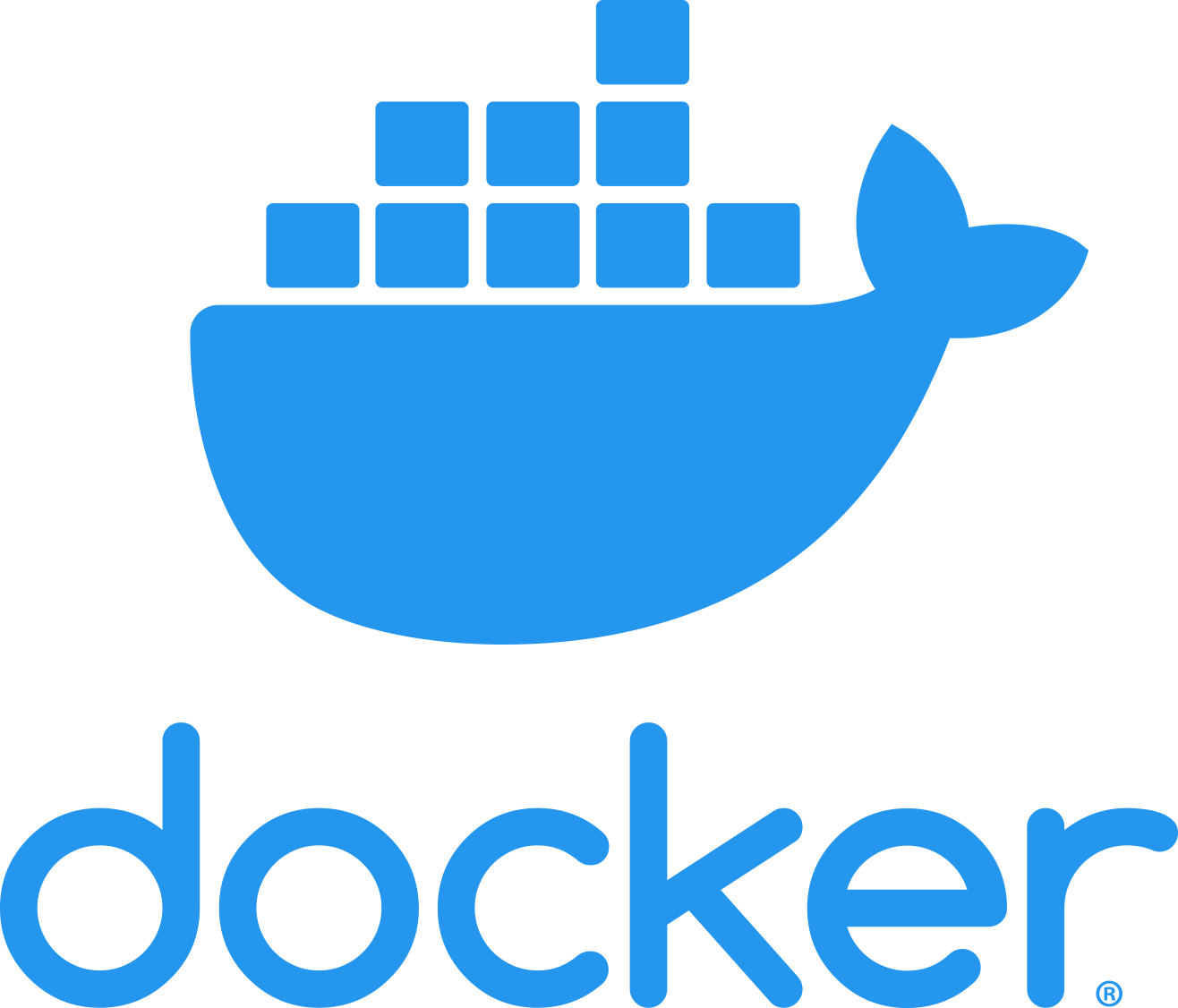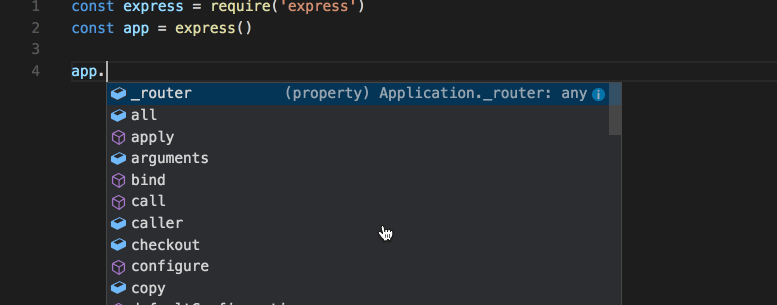
Tabby is basically GitHub Copilot that runs on your own hardware instead of sending your code to Microsoft. That's it. That's the entire value proposition.
It's open source, so you can see exactly what it's doing with your code (spoiler: keeping it local). Works with the same models as other coding assistants - CodeLlama, StarCoder, whatever. The difference is your company's trade secrets don't get uploaded to someone else's servers.
Has something like 32k GitHub stars last I checked, which is decent for a self-hosted tool. Not massive, but there's an active community that actually fixes bugs instead of just requesting features.
How It Actually Works
Everything runs locally. You spin up a Docker container or install it directly, feed it a model (they support StarCoder, CodeLlama, DeepSeekCoder, and Qwen2.5-Coder), and it starts serving completions. No external database bullshit, no cloud dependencies.
The IDE extensions work in VS Code, JetBrains stuff, Neovim, and Eclipse. VS Code extension is the most polished - the others work but you can tell they're not the priority. You get real-time completions and a chat interface that actually understands your codebase context.
Has an API if you want to build custom integrations. Runs on consumer GPUs fine - you don't need some enterprise datacenter setup.
Why People Actually Use This
Your code stays local: Microsoft can't see it, train on it, or accidentally leak it. If your company has lawyers who freak out about IP leaving the building, this solves that problem.
Costs nothing except hardware: No per-seat licensing bullshit. You pay for whatever GPU you run it on, that's it. For teams over 10-20 people, this gets way cheaper than Copilot subscriptions.
You can actually see what's happening: Open source means when it breaks (and it will), you can debug it. When GitHub Copilot starts suggesting your internal API keys, you're stuck filing support tickets. With Tabby, you can fix it.
The main downside is setup complexity. GitHub Copilot is one button. Tabby requires you to understand Docker, GPU drivers, and model management. Expect to burn a weekend getting everything working. But if your legal team won't let you use cloud AI tools, it beats coding without any assistance.
Alternative self-hosted solutions like Continue.dev and Codeium exist, but Tabby has better documentation, more active development, and stronger community support. For enterprise teams, this means fewer operational surprises and faster resolution when things inevitably break.



